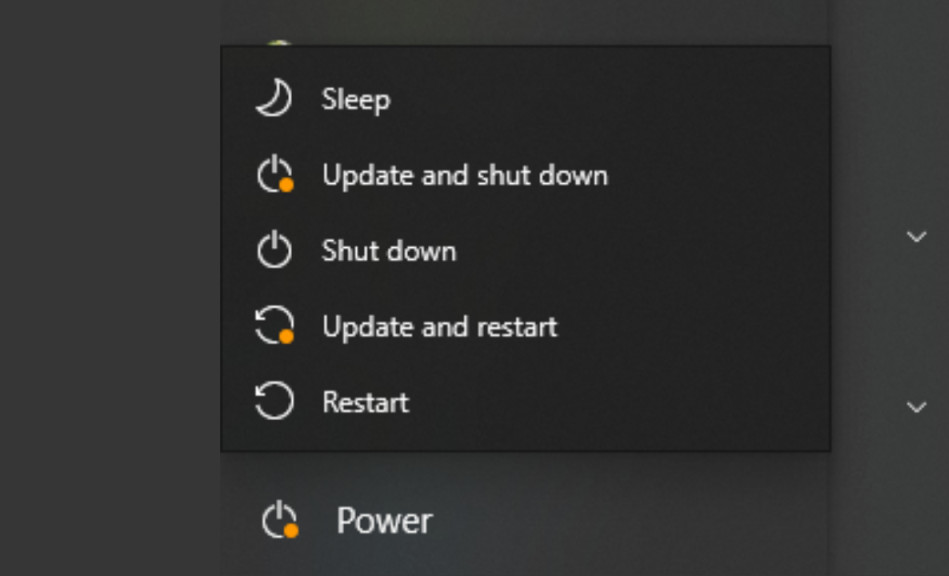I completely agree, Windows does not respect the user. MS don't make it easy to control certain things at all. Perhaps they're running on the wisdom that a little knowledge is a dangerous thing, but they could quite easily make it easier for people that aren't IT admins but aren't clueless grandparents. That's why Chris Titus' tool is so good - it does the work for you. He is that middle ground option where a built in option doesn't exist, as are other tools of a similar nature like O&OSU10. You can achieve this stuff if you are comfortable enough to read and follow instructions. It doesn't make it ideal, but it's there.
But my main point is that you quoted a screenshot of a group policy controlled Windows Update and said it won't be the case forever, and I don't see that ever going away.
Mass migration to another OS isn't going to happen any time soon. Linux just hit 3% share on Steam, which is a gain but nowhere near the point of making a difference. I still believe a wider rollout of SteamOS is the best if not only chance that Linux has at wider adoption any time soon.
I also disagree that it's less trouble to install a new OS. Even if you're just being hyperbolic it's a commonly repeated point that I don't think considers reality. A new OS inherently comes with a learning curve and demands time and effort. And that's after you've somehow chosen a Linux distro. I'm lucky that I'm happy with CachyOS so it's a one and done situation for me, but I could have gone for EndeavourOS for another Arch distro or Bazzite for a very different flavour and I'm just talking about a gaming friendly distro with minimal additional software and hardware needs.
So if we're comparing the complexity and closeness to an ideal, in a fraction of that time any user with 2 brain cells to rub together can run CTT and be done with it, even if they have to re-run it every now and again to be sure settings have stuck. That seems far more ideal to the vast majority and even most enthusiasts than Linux.
Granted, I've been down the debloater road, tried to fight it for years... in the end I have a PC that is not that old, and perform admirably (Ryzen 5800x, 32gb RAM, Radeon 7900 XTX) that had some issues getting beyond Windows 10 (I needed to get the TPCM 2.0 key)... Anyway, I'm hard headed and I just refused to put up with the trouble, had some Linux experience on other devices (RPI, web servers, etc.) so I figured I'd try a few distros.
Ubuntu, Fedora, and I ended up with Bazzite, but it could have been one of the other two, or one of many others... I just got tired of switching.
People like us have to lead the way (as you said, Linux just hit 3% on Steam, we are still early adopters of the desktop), eventually people who are just slightly savvy will have their friend setup Bazzite for them to have a console like experience in the living room. The setup and general configuration steps were just brain dead simple, I hate Fedora's partition tool, but this is a one and done thing. Then when people get used to it for gaming, they will want to keep the same system for their day to day computing needs, a lot of people do everything on the web these days, these cloud platform couldn't care less what OS you have.
As you said, there is a lot of inertia, this is always like that, until it's not anymore, look how fast companies softare that seemed irreplacable like Novell Netware just vanished when their time had come. But on the other hand, some old commercial software that required old OSes, like DOS or wouldn't run on versions of Windows beyond win 98 or something still hang around.
So we shall see, but I would say that if MS doesn't get their act together Windows will be much less prevalent in 10 years than it is now that could be 60 or 70%... maybe less, who knows, but I see an opening for change, so hopefully this is the time.




